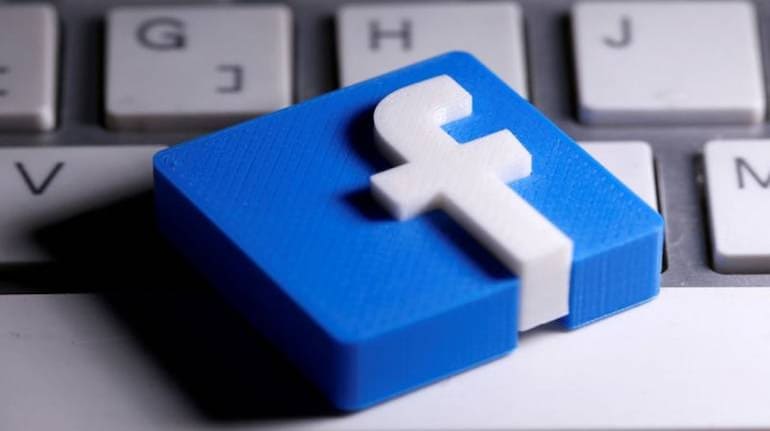



Facebook on Friday said it is partnering with the Indian government to roll out a vaccine finder tool on its mobile app in India, which will help people identify places nearby to get inoculated.
The social media giant had, earlier this week, announced a USD 10 million grant for emergency response efforts for COVID-19 situation in the country.
''Partnering with the Government of India, Facebook will begin rolling out its Vaccine Finder tool on the Facebook mobile app in India available in 17 languages to help people identify places nearby to get the vaccine,'' Facebook said in a post on the platform.
In this tool, vaccine centre locations and their hours of operation have been provided by the Ministry of Health and Family Welfare (MoHFW). The cumulative number of COVID-19 vaccine doses administered in the country has crossed 15.22 crore.
Also, more than 2.45 crore people have registered themselves on the Co-WIN digital platform ahead of the Phase-3 of the COVID-19 vaccination for those above 18 years that is set to start from May 1.
Facebook said its tool will also show walk-in options (for 46 years and above) and a link to register on the Co-Win website and schedule vaccination appointment.
The massive rise in infections in the second wave of the pandemic has led to hospitals in several states reeling under a shortage of medical oxygen and beds. Social media platforms like Facebook and Twitter have emerged as a lifeline, connecting those looking for oxygen cylinders, hospital beds, plasma donors, and ventilators with possible donors.
Facebook said it is partnering with organisations such as United Way, Swasth, Hemkunt Foundation, I Am Gurgaon, Project Mumbai and US-India Strategic Partnership Forum (USISPF) to deploy the funds announced to help augment critical medical supplies with over 5,000 oxygen concentrators and other life-saving equipment like ventilators, BiPAP machines and to increase hospital bed capacity.
The company is also supporting NGOs and UN agencies in the country with ad credits and insights to reach the majority of people on Facebook with COVID-19 vaccine and preventive health information.
The platform is also providing health resources to people from UNICEF India about when to seek emergency care and how to manage mild COVID-19 symptoms at home. ''The information is accessible and prominent on Facebook's COVID-19 Information Center and in Feed. On Instagram, we are promoting this information via Guides in Explore,'' it noted.
Twitter too has set up a COVID-19 SOS page that helps surface information from those offering or seeking immediate help during this crisis. ''We have also built a series of Twitter Moments to help you get the facts from the most reliable sources, because we know not all the information you see on the service is credible.
These dedicated Moments about vaccine safety, how to stay safe and more, include detailed and accredited information from organisations like the MoHFW and World Health Organization, among others,'' it added.
Twitter is also expanding its efforts to surface credible COVID-19 information with home Timeline prompts featuring the latest information about COVID-19 vaccines in English and Hindi. This, it said, will help those looking for up-to-date, localised information about vaccine safety, vaccine eligibility and other details.
Twitter said it is currently matching 'Tweep' donations at 300 per cent organisations including Oxfam India, Akshay Patra Foundation, Child Rights and You and Rise Against Hunger India. It has made a separate USD 100,000 donation to Hemkunt Foundation to support their work in donating oxygen cylinders.

Discover the latest Business News, Sensex, and Nifty updates. Obtain Personal Finance insights, tax queries, and expert opinions on Moneycontrol or download the Moneycontrol App to stay updated!
Find the best of Al News in one place, specially curated for you every weekend.
Stay on top of the latest tech trends and biggest startup news.